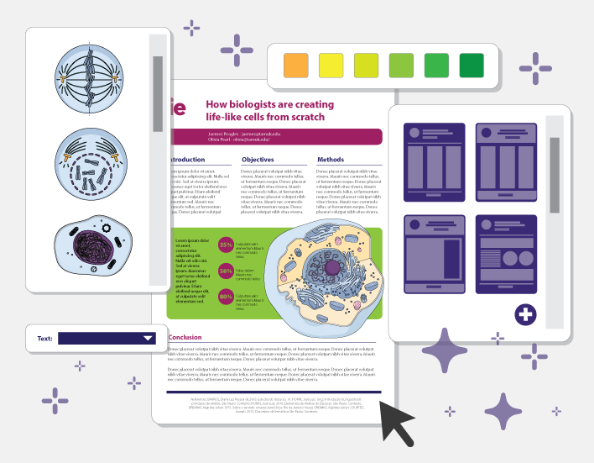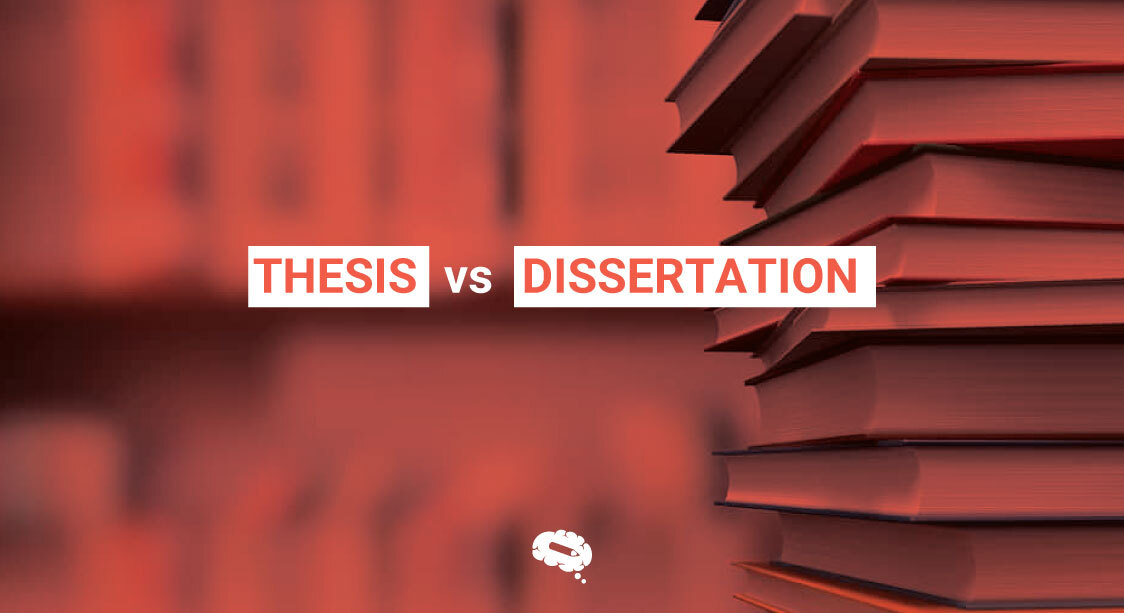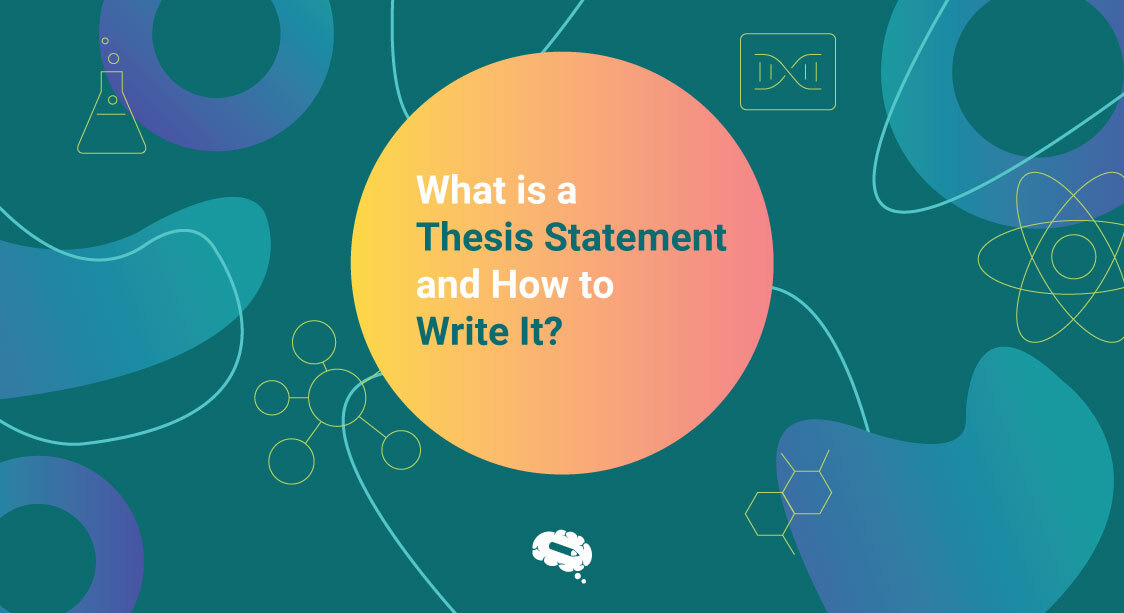While writing a thesis, everyone considers the moment of defense and which questions or issues will be raised during this time.
The best approach to prepare for this challenging time in your academic career is to practice addressing thesis defense questions. You’ll need to know your research project well enough in order to confidently and knowledgeably respond to every inquiry that comes your way.
This article will guide you through the process so you can understand how it works, what to expect, and how to approach it successfully. Learning about thesis defense is another excellent strategy to prepare for what is to come.
What should you expect during your thesis defense?
In a thesis defense, you will first have the opportunity to demonstrate your comprehension of the selected subject, directing your audience to the most significant parts of it, how you managed to link the key aspects of your work, and how those key aspects led you to your discoveries. Your instructors or mentors will push you to demonstrate how well you know the content, while the committee will begin to formulate thesis defense questions.
A thesis defense can last up to one or two hours, depending on the subject and the amount of information to be covered.
The committee members will only begin questioning you about your thesis defense after you have concluded your oral presentation and a written thesis, which they will have previously read. Lastly, the committee may approve your thesis or offer improvements to your work.
Don’t forget to create a slide presentation for your thesis defense
A beautiful slide presentation is a good call for your thesis defense. In addition to facilitating the understanding of complex subjects, they also make your work more professional. Mind the Graph is a drag-and-drop tool in which you can create scientific designs in minutes. Give it a try!
Eight likely thesis defense questions and how to answer them
Mind The Graph has prepared some of the most commonly asked questions and a small guide on how to answer them during a thesis defense. Read them attentively, come up with objective responses, and practice.
1. Are you capable of telling us about your thesis in a few sentences?
This is a question that requires an extensive understanding of the subject. And it is simple to respond if you grasp the information in your abstract and summary. Make sure you truly understand what you wrote in those sections.
2. Why is your thesis relevant?
To ace this question, you must be able to demonstrate how your thesis contributes to the resolution of the issue it addresses, how it will assist other students in conducting more study on the topic, and how society or industry might benefit from your work.
3. What is your personal motivation for completing this thesis?
To answer this question without biasing the committee, you must be extremely cautious and choose your words carefully. If you answered a previous question where you were able to demonstrate the relevance of your thesis, you should simply add how much you care about fixing this problem. Remember not to use financial concerns or the need to graduate as an incentive, as you will quickly lose credibility.
4. What were the limitations of your thesis?
Another complex question that necessitates knowledge and practice. Discussing limitations in your methodologies or data analysis approaches may suggest that your paper is biased or poorly researched. Rather than restricting your thesis, use minor constraints such as difficulty in mixing and correlating information.
5. What were the findings?
You must have quickly passed through your results when presenting your thesis, so when they question you about your findings, they hope to hear them in more depth yet clearly. Remember to tie your results to the question/problem tackled in your thesis.
6. How did you measure it?
They simply want additional information regarding the data-gathering procedure with this question. So make sure you specify if you used questionnaires, interviews, or secondary sources.
7. What areas do you suggest for future research?
This question necessitates problem-solving ability or, at the very least, thorough preparation. You should be prepared to identify areas that will require further research, such as the sort of material you intended to acquire to complete your thesis but couldn’t.
8. What would you change in the way you conducted your thesis?
This question is used to identify your weak areas and the holes in your thesis. Answer it in the same way you did the limitations question, concentrating on minor issues like personal organization.
Add visual impact to your posters with scientific illustrations and graphics
An excellent poster may be used in a wide range of ways. It may be a terrific method to promote your field of work, a great starting point for a presentation, or a brilliant way of raising consciousness about a subject. Aesthetically attractive posters may communicate a story in a way that no text can. Make the trendiest posters using Mind The Graph.


Subscribe to our newsletter
Exclusive high quality content about effective visual
communication in science.




